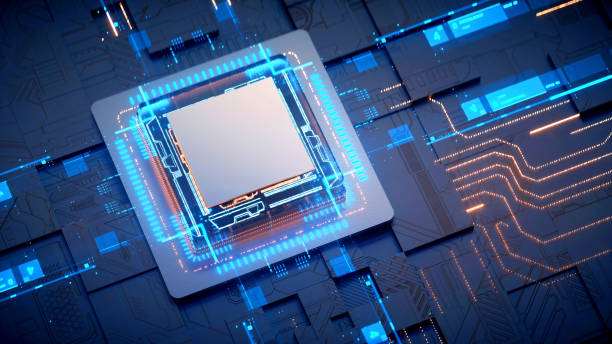Computer processors stand as the bedrock of modern computing, driving technological advancements and reshaping the digital landscape. This article delves into the intricate journey of processor evolution, exploring their history, milestones, impact, and future trends.
Understanding Computer Processors
At the core of every computing device, computer processors act as the brains, executing instructions and calculations that power various tasks. Over decades, these processors have undergone remarkable transformations, revolutionizing the capabilities of technology.
Early Beginnings and Milestones
Introduction of Microprocessors
The birth of microprocessors in the 1970s, notably with the Intel 4004, marked a groundbreaking moment, consolidating computing power onto a single chip and paving the way for smaller, more powerful devices.
Advancements in Instruction Set Architectures (ISAs)
Transitioning from Complex Instruction Set Computing (CISC) to Reduced Instruction Set Computing (RISC) architectures brought about efficiency improvements, allowing processors to execute instructions more swiftly.
Multicore Processors
The era of multicore processors emerged, facilitating multitasking and parallel processing by integrating multiple cores on a single chip, thereby enhancing overall performance.
Impact of Processors on Computing
Performance Evolution
The evolution of processors led to substantial performance gains, enabling faster processing speeds, enhanced multitasking capabilities, and smoother graphics rendering.
Influence on Technological Domains
Processors have not only driven the capabilities of personal computing but also facilitated advancements in gaming, artificial intelligence, scientific simulations, and data analysis.
Future Trends in Processor Technology
Quantum Computing
The potential shift towards quantum processors promises exponential computing power, enabling solutions to complex problems that are currently unsolvable with classical computers.
Neuromorphic Processors
Inspired by the human brain, neuromorphic chips aim to create more efficient and adaptable processors, revolutionizing computing capabilities.
AI-Integrated Chips
The integration of artificial intelligence into processors is anticipated to result in more autonomous and intelligent devices capable of learning and adapting.
Conclusion
The evolution of computer processors signifies a remarkable journey, from the humble beginnings of microprocessors to the cutting-edge advancements in modern-day technology. These processors have not only enhanced computing power but also reshaped how we interact with technology, setting the stage for a future where computational capabilities know no bounds.


